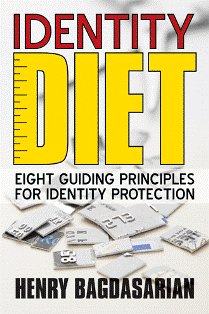|
Paper Trash
I am amazed at how much paper trash I receive in the mail each and every day. I know for sure that I’m not the only one getting a ton of marketing mail for various services and products. Other than wasting trees and paper, this practice places all of us at a higher risk of identity theft. Most of you have probably heard of dumpster diving which is the practice used by fraudsters or curious neighbors, strangers and even family members to find out about the secrets of our lives. If you stop and think about it, you’ll be surprised to notice how much personal information there might be in some of the paper trash we place in our recycling bins. Isn’t it interesting that as we continue our efforts to recycle and preserve natural resources, how much paper we waste in marketing various products and services by mail? I always thought that as we increase our use of e-mails, we will reduce our paper consumption for marketing and communication purposes, but I have been wrong thus far. Now, we have both paper and digital trash as companies market their products using every possible communication channel. Although digital trash such as spam emails present a unique set of identity theft risks, regular mails with personal information printed on paper and placed in unsecured mailboxes and recycling bins present a wider risk as most people are capable of accessing paper mails without any technical knowledge which is somewhat required for illegally accessing digital mail. As I carefully go through my junk mail each day to make sure I don’t miss important mails which can sometimes be hidden in the junk papers, I am amazed at how much personal information some of them contain about me. Most of them have at least my full name and address while others include my phone number, email and other personal information. Interestingly enough, my email address in the junk mail can also be used to send me junk emails or attempt to access my email account for unauthorized use. This observation proves not only that identity obesity is a major contributor for a higher identity theft risk but that also we are not always in control of the protection of our identities. The careless behavior of others can place us at risk which in turn forces us to be more diligent for protecting our identities. Therefore, it is very important to carefully review the paper trash mails and discard them with care. Use a shredder or scissors to cut the junk papers in pieces or mix them with stinky food leftovers. The worst thing to do would be to nicely place them in the recycling bin for others to read. |